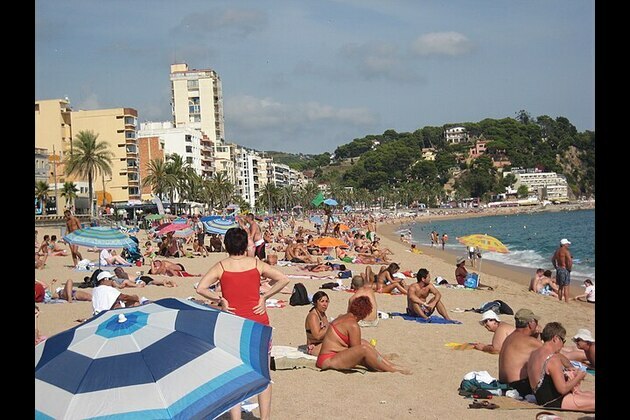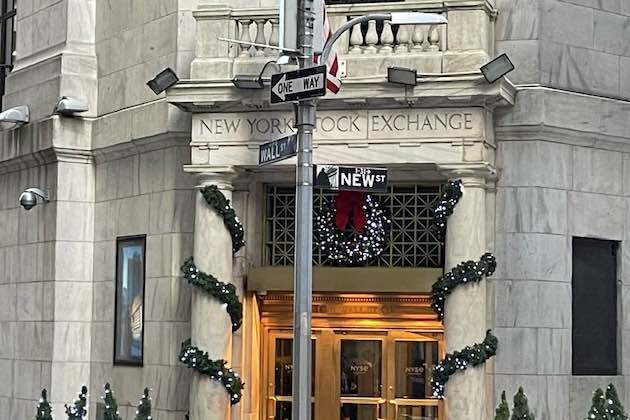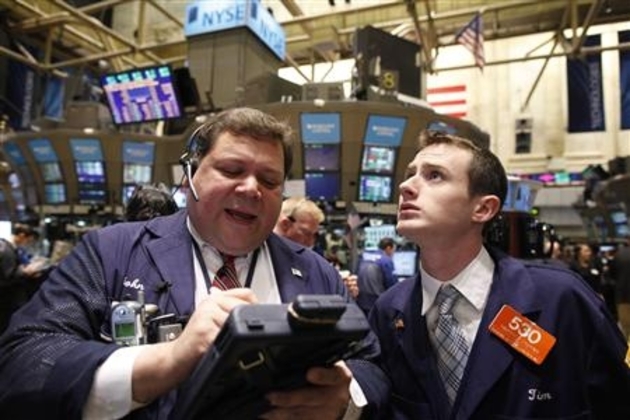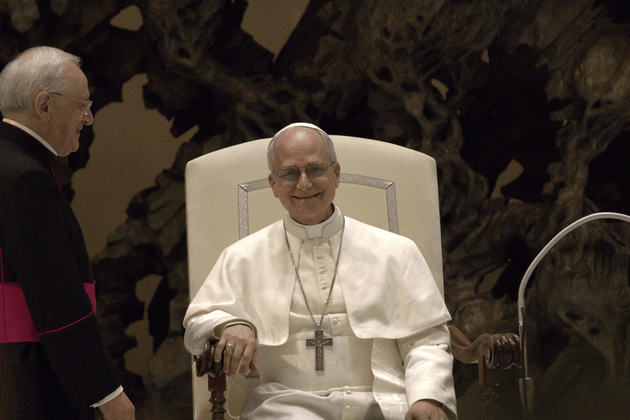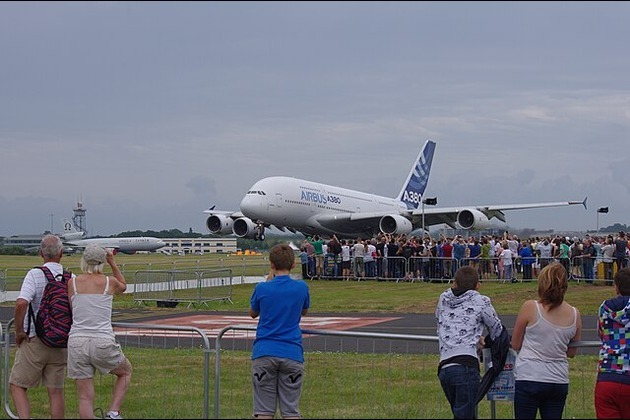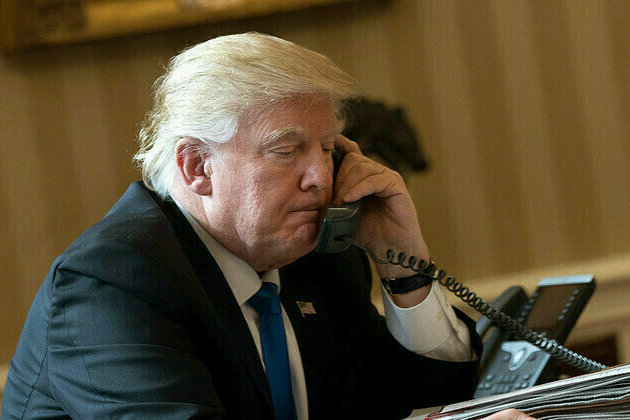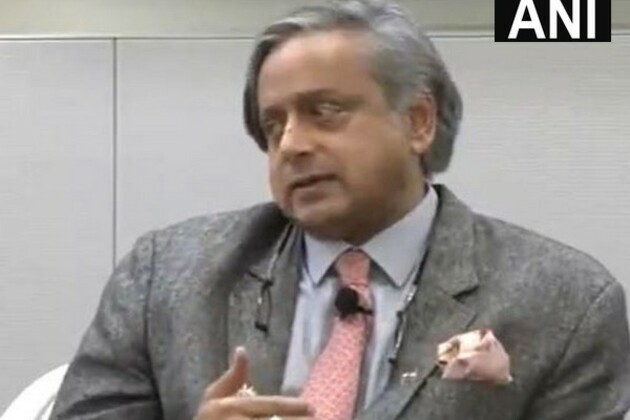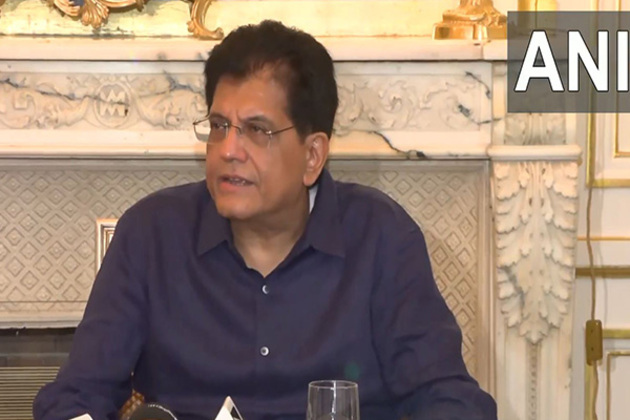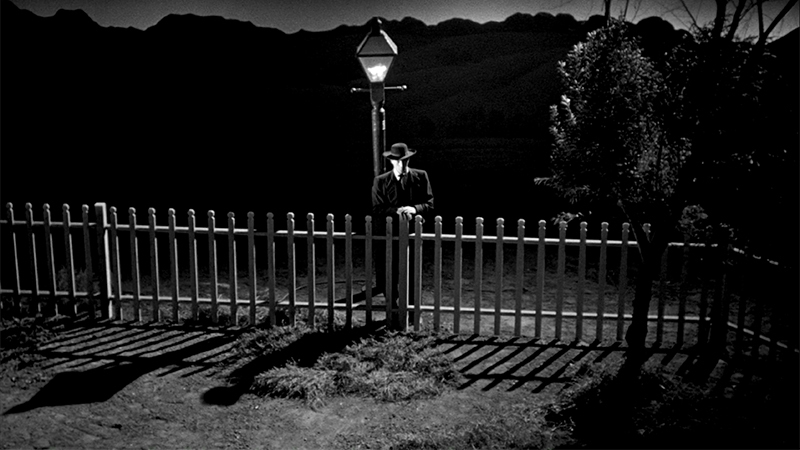Fyodor Lukyanov: Kievs drone strikes prove Moscows point
RT.com
05 Jun 2025, 22:54 GMT+10

Ukraines drama cant derail the talks process
The second round of talks between Russian and Ukrainian delegations in Istanbul, and the events leading up to them, offer a clear snapshot of the current state of the conflict. It is far from over.
Paradoxically, Ukraine's weekend attacks only reaffirmed Mocow's long-standing position: no ceasefire is possible without a basic agreement on the terms of a future settlement. Military force remains the key negotiating tool. In a confrontation of this scale and intensity, no party is willing to forfeit it. Russia has made this its official policy. Ukraine's latest actions confirm it in practice.
If we look at the major drawn-out military confrontations of the late 20th and early 21st centuries, excluding interventions against vastly weaker foes, we see a consistent pattern: political negotiations don't follow a ceasefire, they run in parallel with military operations. In Korea and Vietnam, the process dragged on for years. This isn't cause for celebration, but realism dictates that only this path offers any hope for a durable outcome. It should come as no surprise that talk of ceasefires has now faded into the background.
Despite vocal objections from Kiev and its Western allies, the talks are proceeding on Russia's terms. This means: no ultimatums, no artificial deadlines, and a carefully staged approach to dialogue.
Washington, too, seems comfortable with this pace. What matters for President Trump is the appearance of progress, not dramatic breakthroughs. At least for now.
Kiev, ideally, would prefer to disrupt this rhythm - to inject chaos and unpredictability, which aligns with its more improvisational political-military style. From that perspective, Russia's decision to proceed with the Istanbul meeting despite Ukraine's high-profile sabotage attempts was strategically sound. Kiev likely hoped the Russians would walk away. They didn't.
The contrast between the actual tone of the Istanbul negotiations and the media frenzy surrounding them is stark. Each round was preceded by breathless hype and inflated expectations, only to be followed by muted results. This is partly media instinct, partly deliberate spin. People crave movement, even when none exists. Contact between the delegations deflates these illusions, and then the cycle begins anew.
So, what came of the second meeting? Most notably: the process continues. Neither side wants to halt it. The theatrical posturing common to Ukrainian politics has been absent - for two reasons.
First, the invisible presence of Donald Trump looms over the table. Both Moscow and Kiev see him as a vital third player. Trump wants talks. Both sides are happy to give the impression that talks are happening.
Second, both know this channel may become indispensable. Circumstances will change. When they do, real conversations will be necessary. It's better to have the bridge already built.
The so-called "root causes of the conflict" remain untouched. Both sides are sticking to peripheral matters that can be addressed without triggering political landmines. From a humanitarian point of view, this is valuable, but it is far from a comprehensive settlement.
Does this limited dialogue foster understanding between negotiators? Possibly. That may help later, when harder questions arise. But does it signal a narrowing of the vast gulf between Russia and Ukraine? No.
Are the public memorandums issued by each side, despite their contradictions, worthwhile? Yes. Diplomatically, it is better to stake out clear positions than wallow in strategic ambiguity. True, the documents clash on nearly every point. But history shows that changing conditions often soften even the most rigid positions.
Ultimately, battlefield developments will shape diplomacy. Military operations are expanding - both in geography and in the sophistication of tactics and weaponry. Each side has its advantages and will press them. There is no sign of the war ending anytime soon.
A response from Russia to Sunday's bridge and airfield attacks is inevitable. It will likely be proportional to the scale of Ukraine's strikes. Importantly, this response will not be aimed solely at Kiev. It will be a message to all involved parties - including the United States and Western Europe. Russia's reply must reflect the multifaceted nature of the conflict and its many audiences.
But none of this means the negotiations will stop. In fact, the talks may become more valuable precisely because the conflict endures.
This article was first published in the newspaperRossiyskaya Gazetaand was translated and edited by the RT team
(RT.com)
 Share
Share
 Tweet
Tweet
 Share
Share
 Flip
Flip
 Email
Email
Watch latest videos
Subscribe and Follow
Get a daily dose of Russia Herald news through our daily email, its complimentary and keeps you fully up to date with world and business news as well.
News RELEASES
Publish news of your business, community or sports group, personnel appointments, major event and more by submitting a news release to Russia Herald.
More InformationBusiness
SectionSpain's short-term rentals up 25% despite crackdown attempts
MADRID, Spain: Spain's push to curb short-term tourist rentals is being outpaced by the market's explosive growth, new data shows —...
U.S. stock markets diverge as economic data disappoints
NEW YORK, New York - U.S. stocks were mixed Wednesday as investors and traders grappled with the ADP report, which revealed payrolls...
Steering defect forces Ford to recall 29K electric trucks in US
DEARBORN, Michigan: Ford is pulling back tens of thousands of its electric pickup trucks over a steering defect that could lead to...
Best Buy warns of slower growth amid tariff and economic worries
NEW YORK CITY, New York: Best Buy, the biggest electronics store chain in the U.S., has lowered its forecast for the year. The company...
Costco delays imports to dodge tariffs, won’t raise prices yet
ISSAQUAH, Washington: Costco is feeling the pinch from tariffs and soft consumer spending, missing Wall Street's revenue expectations...
U.S. stock markets close higher as techs surge
NEW YORK, New York - U.S. stocks closed higher on Tuesday as the markets continues to ebb and flow on prouncements and moves by the...
World
SectionVatican address added to Pope Leo’s Peru records
LIMA, Peru: Pope Leo XIV has not forgotten that he is also a Peruvian citizen. On Friday, he updated his national registration information...
Airbus delivery delays now stretch to 2028, airlines warned
PARIS, France: Aircraft delivery delays at Airbus are now expected to stretch into 2028, as the European planemaker continues to grapple...
Fyodor Lukyanov: Kievs drone strikes prove Moscows point
Ukraines drama cant derail the talks process The second round of talks between Russian and Ukrainian delegations in Istanbul, and...
Zelensky takes apparent dig at Trump for calling Putin
The Ukrainian leader questioned the value of peace talks when the powerful fail to be tough with Russia Ukraine's Vladimir Zelensky...
"Caught with red hands": Shashi Tharoor on evidence of Pakistan's involvement in Pahalgam attack
Washington DC [US], June 5 (ANI): Congress MP Shashi Tharoor, who is leading an all-party delegation to the United States on Thursday,...
India accelerates EU trade deal push with three high-level meetings in five weeks
Brescia [Italy], June 5 (ANI): India is fast-tracking negotiations for a comprehensive free trade agreement with the European Union,...

